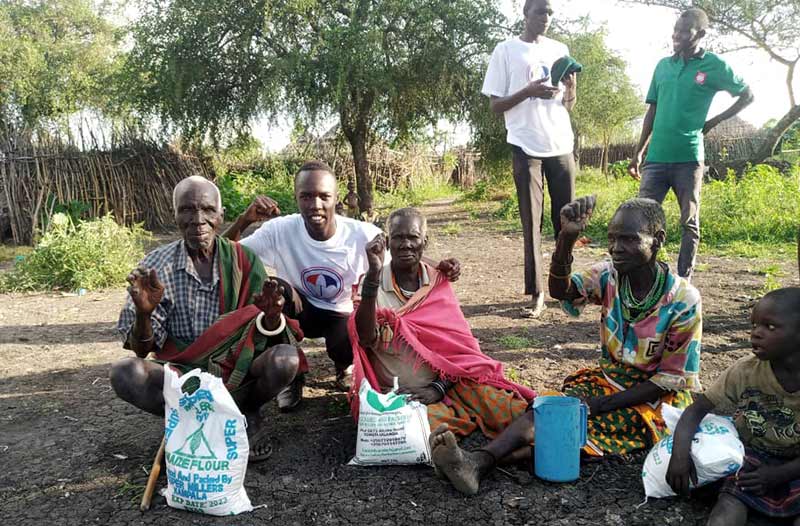
Almost 3000 people in Uganda’s north-eastern region of Karamoja are believed to have died from hunger over the last three months due to lack of food. And in many villages and towns across the country, food shortages, as seen from runaway prices for staple foods such as maize flour, cassava and Matooke, point to a worrying and shameful situation of a food crisis in the country that prides in being so blessed by nature.
While other countries can complain of the war in Ukraine for the historic high prices of wheat flour, Uganda does not deserve to cite such excuses, because of the abundant natural wealth it has for producing her own food.
What is clear is that leaders at all levels of government relegated issues of food security into the hands of the individuals.
Besides the very little funding for research, little has been done by the government to put in place infrastructures and systems that ensure that adequate food is produced and kept safely by every community across the country.
We shouldn’t be making these lamentations sixty years after we got independent from the colonialists.
The leaders at all levels must now rise up from slumber and address this curse of food insecurity head-on. It is our considered view that a community approach to food security offers a better option in addressing the challenge.
The community approach involves leaders such LC 1 councils working with religious and cultural leaders to come together to draw up a plan to mobilize their people to produce food. The same leaders should then persuade the food producers to invest in low-cost food storage facilities such as air-tight food tanks and bags that have shown potential to store food for at least two seasons.
Lack of good food drying and storage facilities is one of the major factors why farmers sell off their produce early to avoid losing it to weevils and rodents.
The arrangement has to start with individual households before it can grow to include the wider community such as village-level and perhaps parish-level storage facilities. Involvement of community leaders is very critical in ensuring the plan is supervised and that it sticks.
When more of such initiatives are adopted, they can translate into a mass movement for food security in the country. And while external assistance can be used to support the plan, it should never be the pillar upon which program revolves. The spirit of sacrifice must be inculcated in every member of society, through persuasion, to accept that food must be kept for the tough days ahead.















The Sunrise Editor
Leave a Comment
Your email address will not be published.